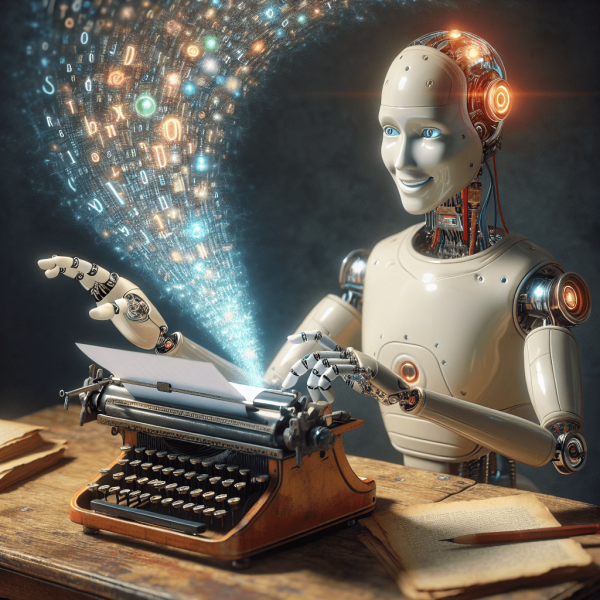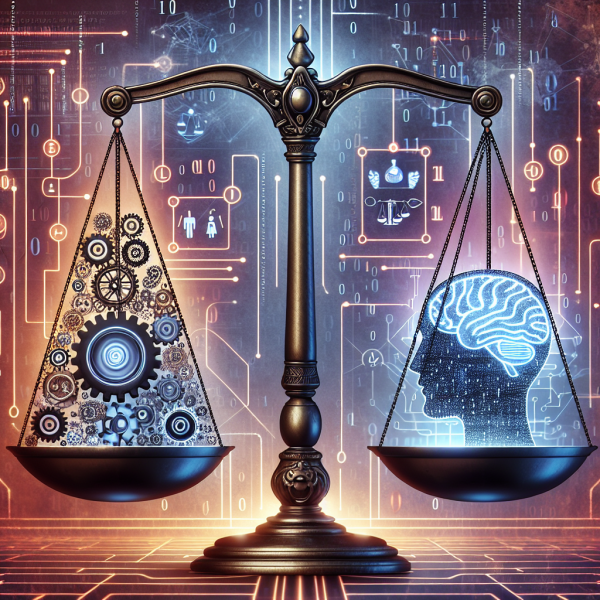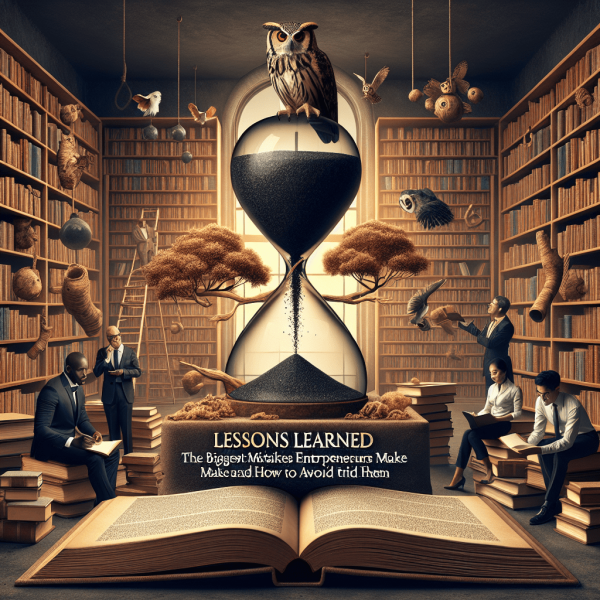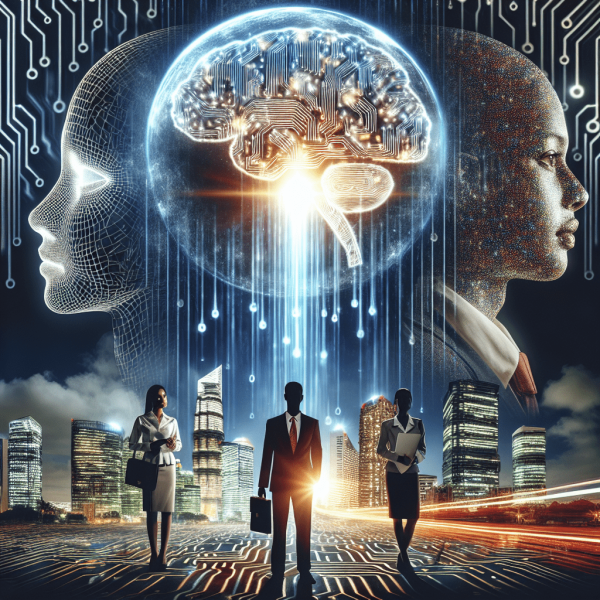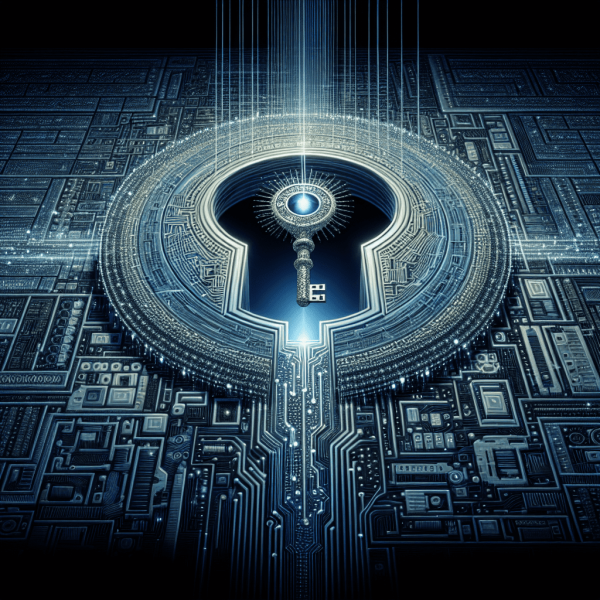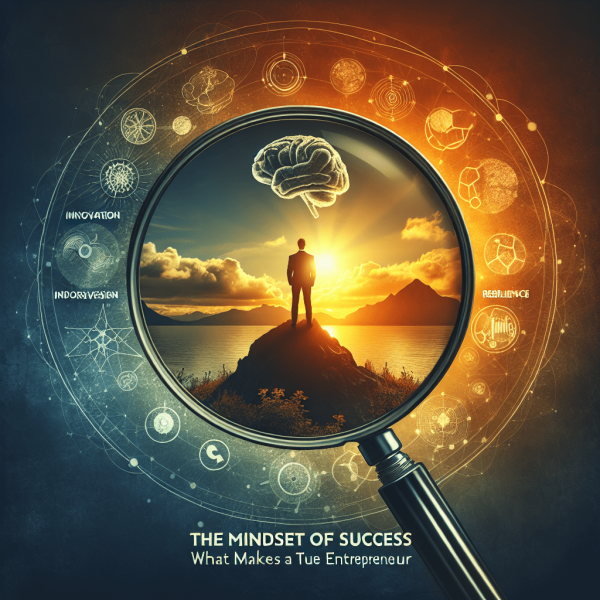The world of content creation is constantly evolving, and one of the most significant shifts in recent years has been the rise of automated content creation, powered by artificial intelligence (AI). This technology has the potential to revolutionize the way we produce written content, from news articles and product descriptions to marketing materials and more. But what does this shift mean for writers and the future of content creation?
AI-powered content creation tools and platforms are becoming increasingly sophisticated, capable of generating high-quality written content that is virtually indistinguishable from that produced by human writers. These tools are able to analyze data, understand language nuances, and generate coherent, engaging pieces of writing in a fraction of the time it would take a human writer.
For writers, this shift towards automated content creation can be both intimidating and promising. On one hand, there is the fear that AI will replace human writers, leading to a decrease in job opportunities and a devaluation of the art of writing. On the other hand, there is the potential for AI to enhance the capabilities of writers, freeing them from repetitive, time-consuming tasks and allowing them to focus on more creative and strategic aspects of content creation.
The integration of AI into content creation also raises important ethical and legal questions. For example, how can we ensure that AI-generated content is accurate, unbiased, and compliant with copyright laws? How do we address the issue of transparency, so readers are aware when they are consuming content created by AI?
Moreover, there is the question of quality. While AI can produce content quickly and at scale, there is still a debate over whether it can truly match the creativity, emotional intelligence, and nuance of human writing. AI-generated content may lack the authenticity, originality, and empathy that human writers bring to their work.
Despite these concerns, the adoption of AI in content creation is inevitable, and it is important for both writers and organizations to adapt to this new reality. Writers can embrace AI as a tool to streamline their workflow, generate data-driven insights, and improve the overall quality of their work. Organizations can use AI to produce content at scale, personalize their messaging, and optimize their content strategy.
In the end, the shift towards automated content creation is not about replacing writers, but about leveraging technology to augment their abilities and drive innovation in the industry. Whether it’s through collaboration with AI-powered tools or by honing their unique strengths as storytellers and communicators, writers can continue to thrive in a world where machines are increasingly capable of creating content. The future of content creation may be automated, but the human touch will remain essential.
